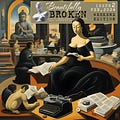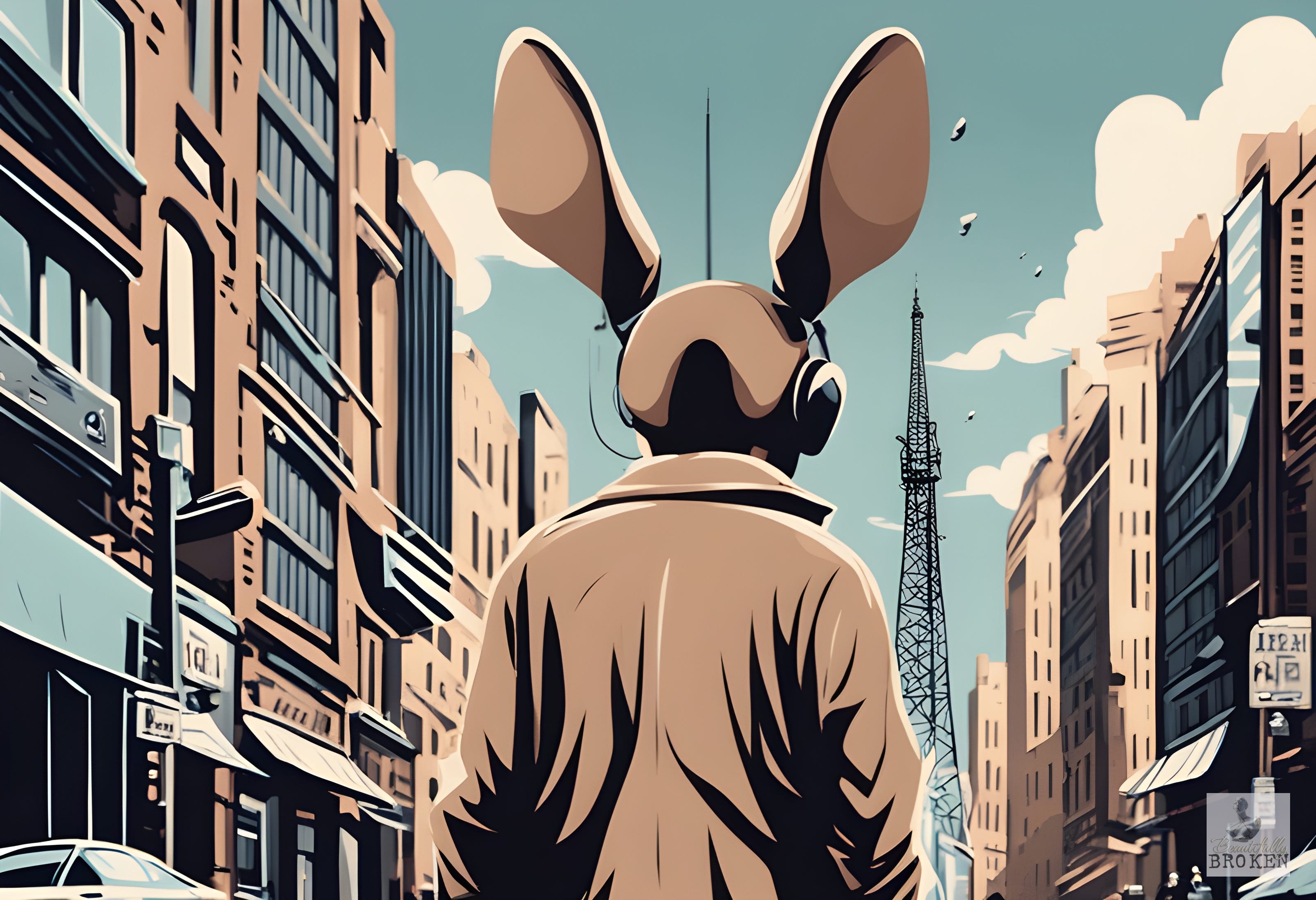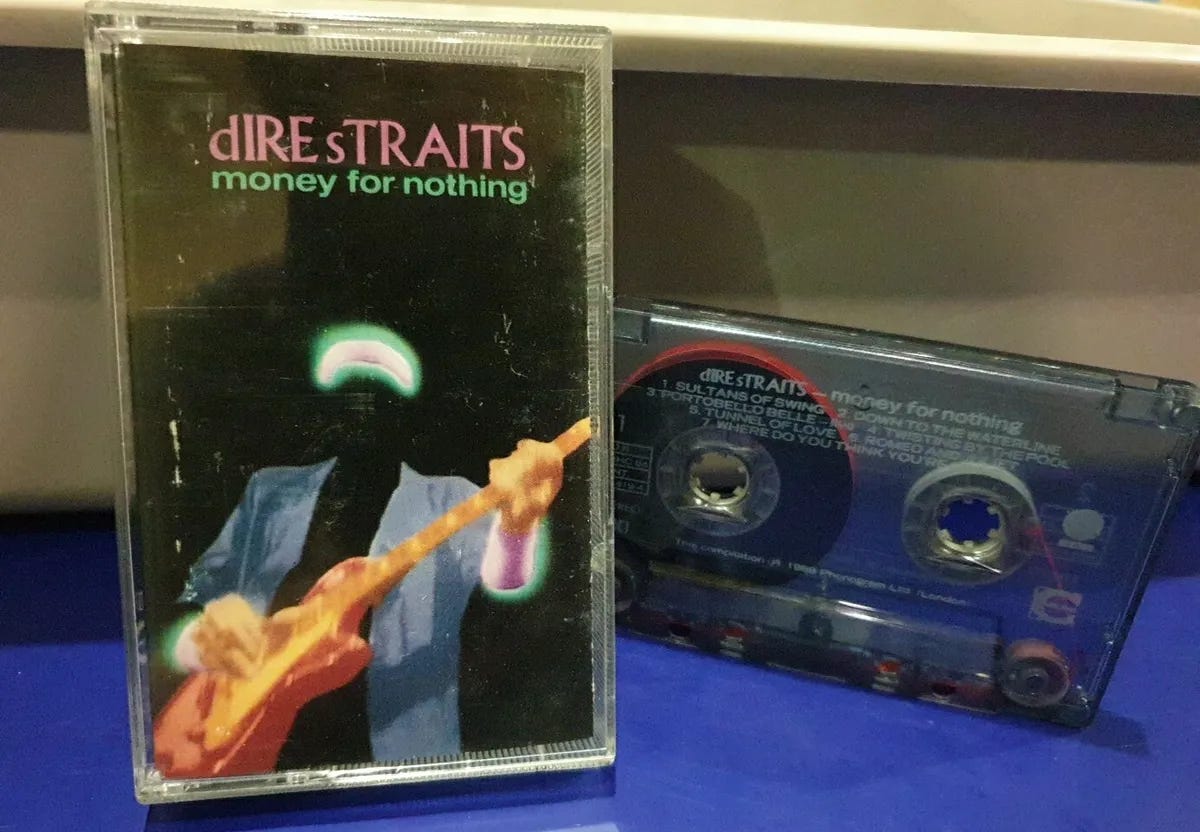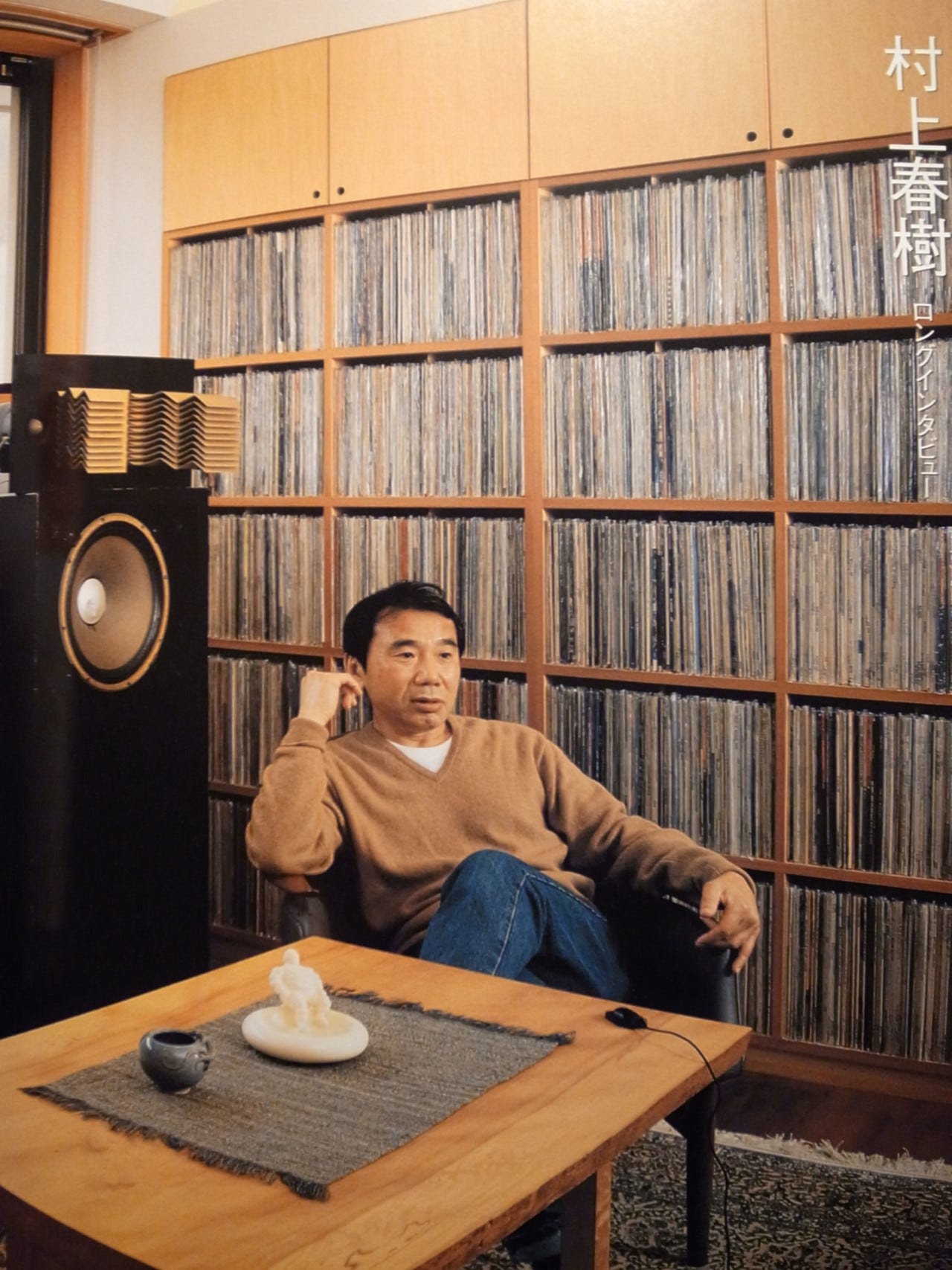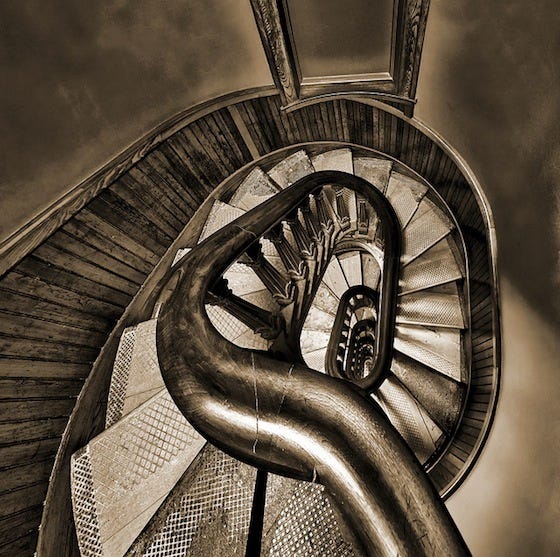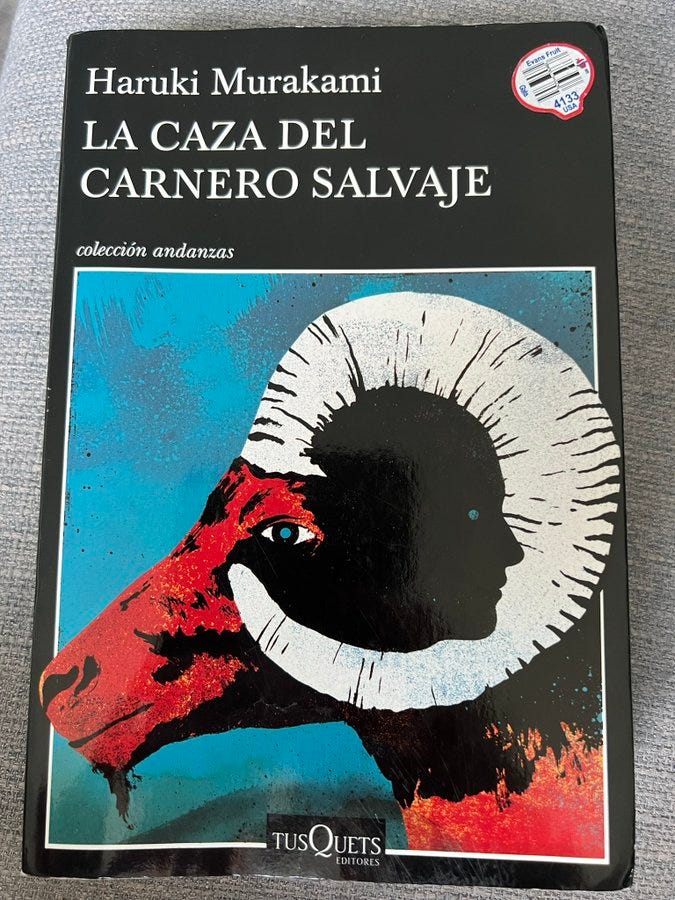Beautifully Broken Weekend Edition | Issue 2
Editorial, Feature Articles, Daily Enlightenment Prompts, 2 Feb-10 Feb 2024
EDITORIAL
Thank you again to this week's new subscribers.
This week, along with writing about the meaning of beauty and truth and discussing some of my favorite authors and artists from an enlightenment perspective, I was very excited to share two practical enlightenment methods.
One is in February's weekly Practical Enlightenment feature article: The Enlightenment Tapes (Inner Peace with Haruki Murakami and the Buddha) and the other in the post Pass The Torch, My Friend (Small Acts of Kindness & The Secret Teaching of Professor Cheng Man Ching).
Feel free to write to me and I'll reply. If you want substantial replies or would like to me to write a piece on a particular topic (even some specific aspect of spiritual or mind-body practice), please consider upgrading to become a paid subscriber or foundation member and I'll set aside the necessary time.
I'm donating 10% of all income from subscribers to Kids For Peace (apart from the 13% that Substack charges for their services).
Try out some of the practical methods contained within and see what a positive difference they make to your life. Connect to the light within and then share the light from person to person! Keep the dream of world peace through enlightenment alive.
Best regards,
Morgan
The Enlightenment Tapes (Inner Peace with Haruki Murakami and the Buddha)
PRACTICAL ENLIGHTENMENT | FEBRUARY FEATURE
Press the EJECT button on your invisible Walkman portable cassette player. Here, take this audio cassette. I’ve written the title with black marker pen on the masking tape label on either side: THE ENLIGHTENMENT TAPES. It doesn't contain music in the ordinary sense but it does contain the secret of how to turn your body into a giant speaker that plays the sounds of silence, Sangha, the vibration of the meditative mindset, under any circumstances. Slide it in, slap the cover shut and press PLAY. Beep, bo-dop, boop, breep. Here we go!
SIDE A: MUSIC OF THE MIND
Let’s time-travel back to the year 1991. I was 18 years old, studying at The University of Melbourne, and didn’t own a cell phone or even a Walkman. I’d started meditation practice that year at the Theosophical Society, along with my studies in tai chi. Over the Christmas school break I traveled to the UK and at one point found myself on the bus from London to Glasgow, a journey of about 10 hours. Tired out from backpacking and having no form of entertainment to pass the time, I stretched out on the back seats of the bus and eventually settled on the idea that I would turn my mind into a kind of concert hall and replay all of my favorite albums from memory. Dream of the Blue Turtles by Sting and Money For Nothing by Dire Straits got some good play on that trip. By the time I reached Scotland I had gotten good enough at this kind of “listening to the memory of music” that it sounded as good to me as having the musicians right there in the bus with me. It’s amazing what the mind can do with sufficient boredom and no distraction. This was my first experience of interior meditative listening.
This kind of interior listening is something you see in the literary works of Japanese author Haruki Murakami.
As someone who is intensely interested in music, especially jazz and classical music, Murakami regularly includes listening to music and ears themselves as motifs in his work (it sounds strange but it’s surrealist fiction so somehow it works very well).
"I'd like to ask you more about your ears, if I may," I said.
"You want to ask whether or not my ears possess some special power?" I nodded. "That is something you'd have to check for yourself," she said. "If I were to tell you anything, it might not be of any interest to you. Might even cramp your style." I nodded once more.
"For you, I'll show my ears," she said, after finishing her espresso. "But I don't know if it will really be to your benefit. You might end up regretting it."
"How's that?"
"Your boredom might not be as hard-core as you think."
"That's a chance I'll have to take," I said…
She'd become so beautiful, it defied understanding. Never had I feasted my eyes on such beauty. Beauty of a variety I'd never imagined existed. As expansive as the entire universe, yet as dense as a glacier. Unabashedly excessive, yet at the same time pared down to an essence. It transcended all concepts within the boundaries of my awareness. She was at one with her ears, gliding down the oblique face of time like a protean beam of light.
"You're extraordinary," I said, after catching my breath.
"I know," she said. "These are my ears in their unblocked state."
Several of the other customers were now turned our way, staring agape at her. The waiter who came over with more coffee couldn't pour properly. Not a soul uttered a word. Only the reels on the tape deck kept slowly spinning.
―Haruki Murakami, A Wild Sheep Chase
For Murakami, the ear is like a portal, a stairwell into the world behind the world.
SIDE B: RECEPTIVE HEART MUSIC
Fast forward to 1995 and I was 22 years old and living in Williamstown, a coastal town not too far from Melbourne, Australia. The train from the city would stop at Newport Station, and rather than wait for the connection that would carry me the remaining three stations, I’d walk the two miles home along a busy road. At an average pace it would take 45 minutes. Sometimes I’d take 1.5 hours, sometimes longer. At this stage I’d been practicing tai chi 1-3 hours per day, not including the three classes per week I was attending. I was fascinated with slowing things down. Really slowing things down, walking like a sloth, really sinking into the ground. A meditative slow walk that took a long time to get anywhere. That suited me fine. I’d been training repetitions of the tai chi form, a set sequence of slow movements, one after another after another, until I reached a meditative consciousness. Here, thoughts stopped, the body filled with energy, everything was warm, comfortable, open. I was interested in carrying this over to an everyday activity like walking and the natural starting place was the slow mindfulness I practiced in the tai chi form’s movements. So I cultivated the same practice internally while walking from the train station.
It was on one of these walking journeys that I had a profound transcendental experience.
Keep reading with a 7-day free trial
Subscribe to Beautifully Broken to keep reading this post and get 7 days of free access to the full post archives.

